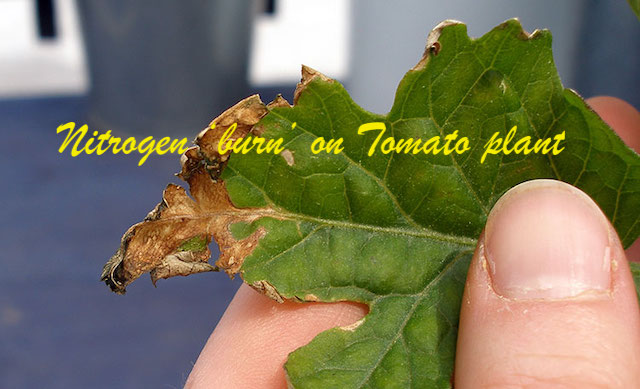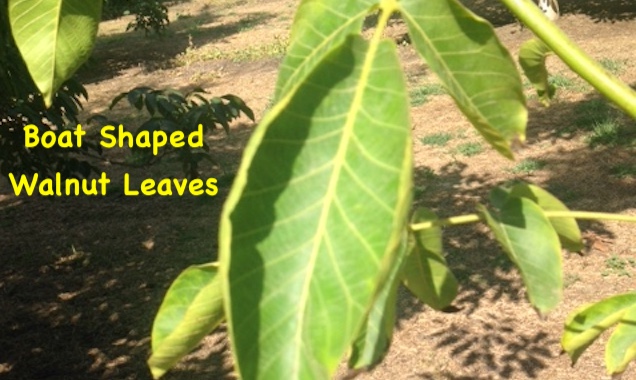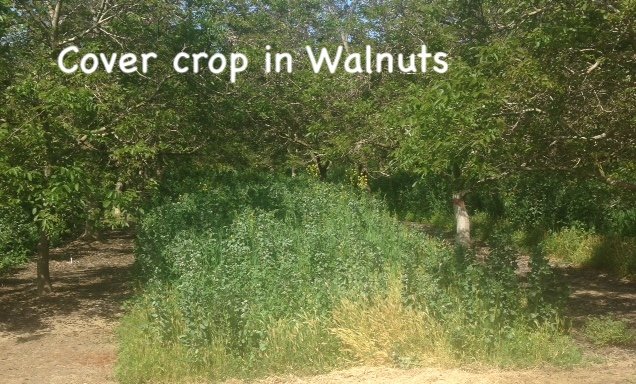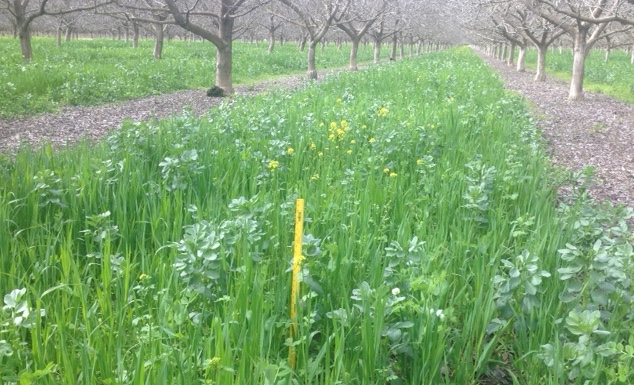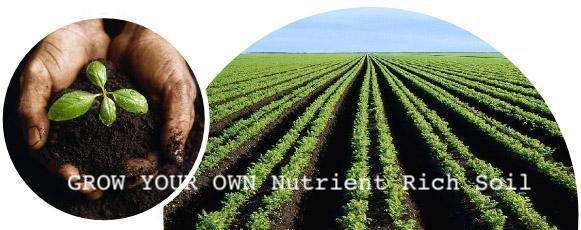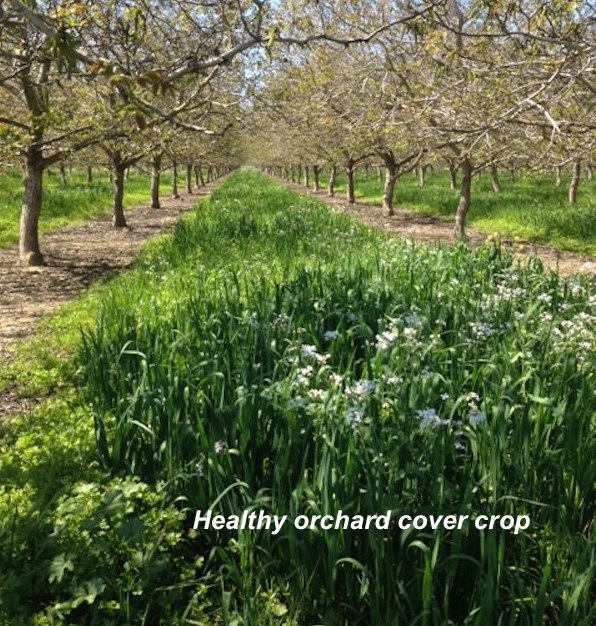Eliminating Nitrogen As The “Go-To” Nutrient For Growth PROBLEM Excess leaf nitrogen. This is critical for more reasons than the cost of the material. This excess will be in the nitrate form and it requires plant energy to convert it to a usable amino acid. Additionally, nitrate-nitrogen in this form attracts insects and diseases that […]
Read MoreCall us on 530-624-3206 530-521-1616

